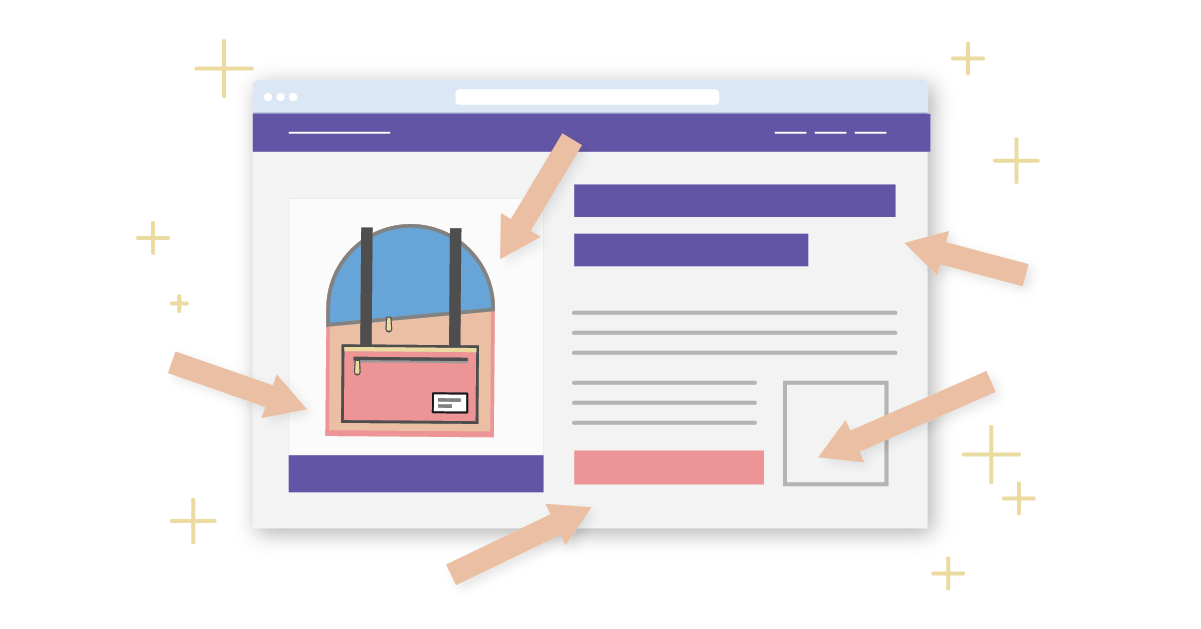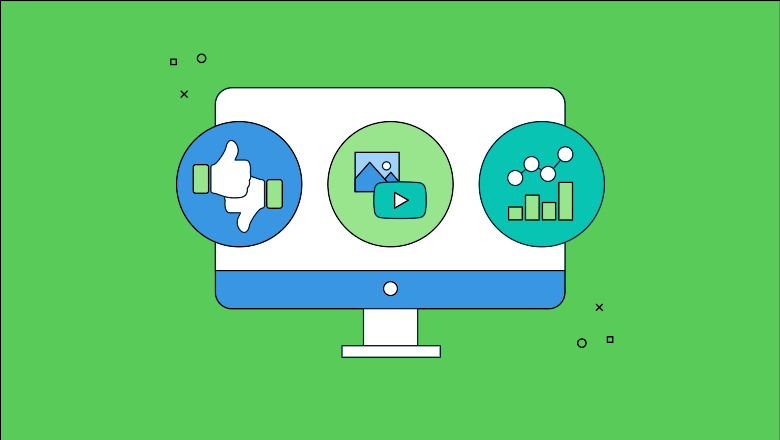Explore how Future of Work Education is adapting curricula to foster adaptability, critical thinking, and digital fluency, preparing learners for evolving career landscapes.
Key Takeaways:
- Future of Work Education emphasizes adaptability, critical thinking, and continuous learning.
- It focuses on skills like digital literacy, AI fluency, and interdisciplinary problem-solving.
- Traditional education models are evolving to integrate more experiential and personalized learning.
- Lifelong learning and reskilling/upskilling are becoming central to career sustainability.
What Defines Future of Work Education and Its Urgency?
The landscape of work is undergoing a profound transformation, driven by rapid technological advancements, globalization, and shifting societal demands. Automation, artificial intelligence, and new economic models are reshaping industries, creating new roles while rendering others obsolete. In response, Future of Work Education has emerged as a critical paradigm shift, moving beyond traditional academic preparation to equip individuals with the skills, mindsets, and adaptability needed to thrive in this uncertain future. But what exactly defines Future of Work Education, and why is its urgency more palpable than ever?
At its core, Future of Work Education is about preparing individuals not just for specific jobs, but for a dynamic career trajectory that will likely involve multiple shifts, continuous learning, and an agile response to unforeseen changes. It moves beyond the acquisition of static knowledge to the cultivation of transferable skills that remain valuable across diverse contexts. This includes foundational literacies like digital fluency and data literacy, as well as higher-order cognitive skills such as critical thinking, complex problem-solving, creativity, and effective communication. Equally important are socio-emotional skills like adaptability, resilience, collaboration, and ethical reasoning, which are increasingly valued in human-centric roles that cannot be easily automated.
The urgency stems from the unprecedented pace of change. Industries are being disrupted at an accelerated rate, and the shelf-life of specific technical skills is shrinking. Individuals graduating today may enter a job market vastly different from the one that existed when they began their studies. Therefore, Future of Work Education emphasizes lifelong learning, encouraging individuals to constantly reskill and upskill throughout their careers. It champions personalized learning pathways, micro-credentials, and a blurring of lines between formal education and workplace training. By focusing on adaptability and enduring competencies, this educational model aims to ensure that individuals remain relevant, employable, and capable of navigating a world where change is the only constant.
How Future Education Prioritizes Adaptability and Lifelong Learning
One of the most significant shifts in Future of Work Education is its profound emphasis on adaptability and the cultivation of a lifelong learning mindset. In a world where job roles can change dramatically within a decade, static knowledge acquisition is no longer sufficient.
This new educational paradigm acknowledges that specific skills may become obsolete, but the ability to learn new ones rapidly and continuously will always be in demand. Therefore, curricula are evolving to foster cognitive flexibility, critical thinking, and a growth mindset. Students are encouraged to embrace challenges, learn from failures, and constantly seek new information. Pedagogies shift from rote memorization to inquiry-based learning, problem-based scenarios, and project-based initiatives that require iterative learning and adjustment. Furthermore, Future of Work Education champions the concept of “learnability” – the capacity and desire to continuously acquire new skills. This extends beyond formal schooling, encouraging individuals to engage in reskilling and upskilling throughout their careers, whether through online courses, micro-credentials, or on-the-job training. By instilling this deep-seated commitment to continuous adaptation and learning, this educational approach prepares individuals not just for their first job, but for a dynamic and evolving professional life.
How Work Focuses on Digital Fluency and AI Literacy
In the rapidly digitizing world of work, a core component of Future of Work Education is the intense focus on developing robust digital fluency and an understanding of artificial intelligence (AI) literacy. These are no longer niche skills but fundamental requirements across almost all sectors.
Digital fluency goes beyond basic computer literacy; it involves the ability to effectively use, understand, and even create with digital tools and technologies. This includes data analysis, cybersecurity awareness, understanding digital communication platforms, and navigating complex software ecosystems. More critically, Future of Work Education integrates AI literacy, which involves not just knowing what AI is, but understanding how it works, its ethical implications, and how to effectively collaborate with AI-powered tools. This means learning about machine learning principles, data interpretation for AI applications, and understanding the strengths and limitations of automated systems. The aim is to empower individuals to be intelligent users and innovators of technology, rather than passive consumers, ensuring they can leverage cutting-edge tools to enhance their productivity, creativity, and problem-solving capabilities in a workplace increasingly augmented by AI.
How Education Emphasizes Interdisciplinary Problem-Solving
The complexities of the modern workplace rarely fit neatly into single academic disciplines. This reality is driving Future of Work Education to place a strong emphasis on interdisciplinary problem-solving, mirroring the collaborative and multifaceted nature of real-world challenges.
Traditional educational silos are being broken down, encouraging learners to integrate knowledge and methodologies from diverse fields. For example, a project on sustainable urban development might require insights from engineering, environmental science, economics, sociology, and public policy. This approach fosters a holistic perspective, enabling individuals to identify root causes, anticipate broad impacts, and devise comprehensive solutions that transcend narrow disciplinary boundaries. It cultivates systems thinking, where learners understand how different components interact within a larger whole. Through collaborative projects that demand diverse skill sets and perspectives, Future of Work Education prepares individuals to work effectively in cross-functional teams, communicate across different professional languages, and tackle complex, interconnected problems that are characteristic of the evolving work landscape.
Where is Future of Work Education Being Implemented?
The implementation of Future of Work Education is not confined to a single type of institution but is emerging across various educational and professional landscapes, reflecting its broad relevance. It’s a pervasive shift rather than a localized trend.
In K-12 education, schools are integrating computational thinking, design thinking, and project-based learning into their curricula. Higher education institutions are revamping degrees, offering interdisciplinary majors, micro-credentials, and experiential learning opportunities like co-ops and internships. Online learning platforms and EdTech companies are at the forefront, providing flexible, accessible courses in emerging skills like AI, data science, and digital marketing, often through partnerships with industry. Corporate training departments are increasingly focusing on internal upskilling and reskilling programs for their existing workforce. Even governments are launching initiatives to fund vocational training and apprenticeship programs aligned with future labor market demands. This widespread adoption underscores that Future of Work Education is not just an academic concept but a practical necessity being implemented wherever individuals are being prepared for or engaged in the evolving world of work.












